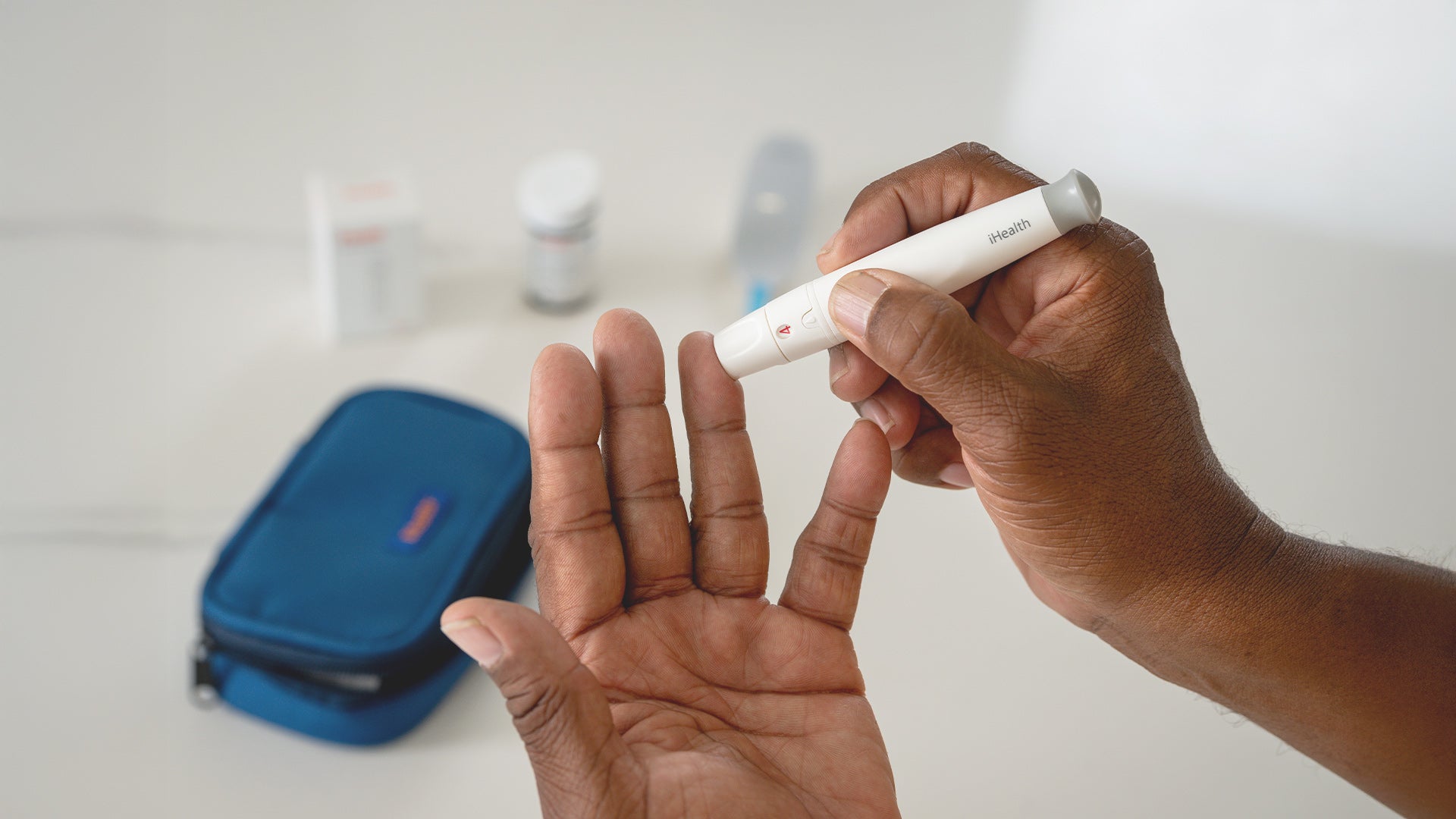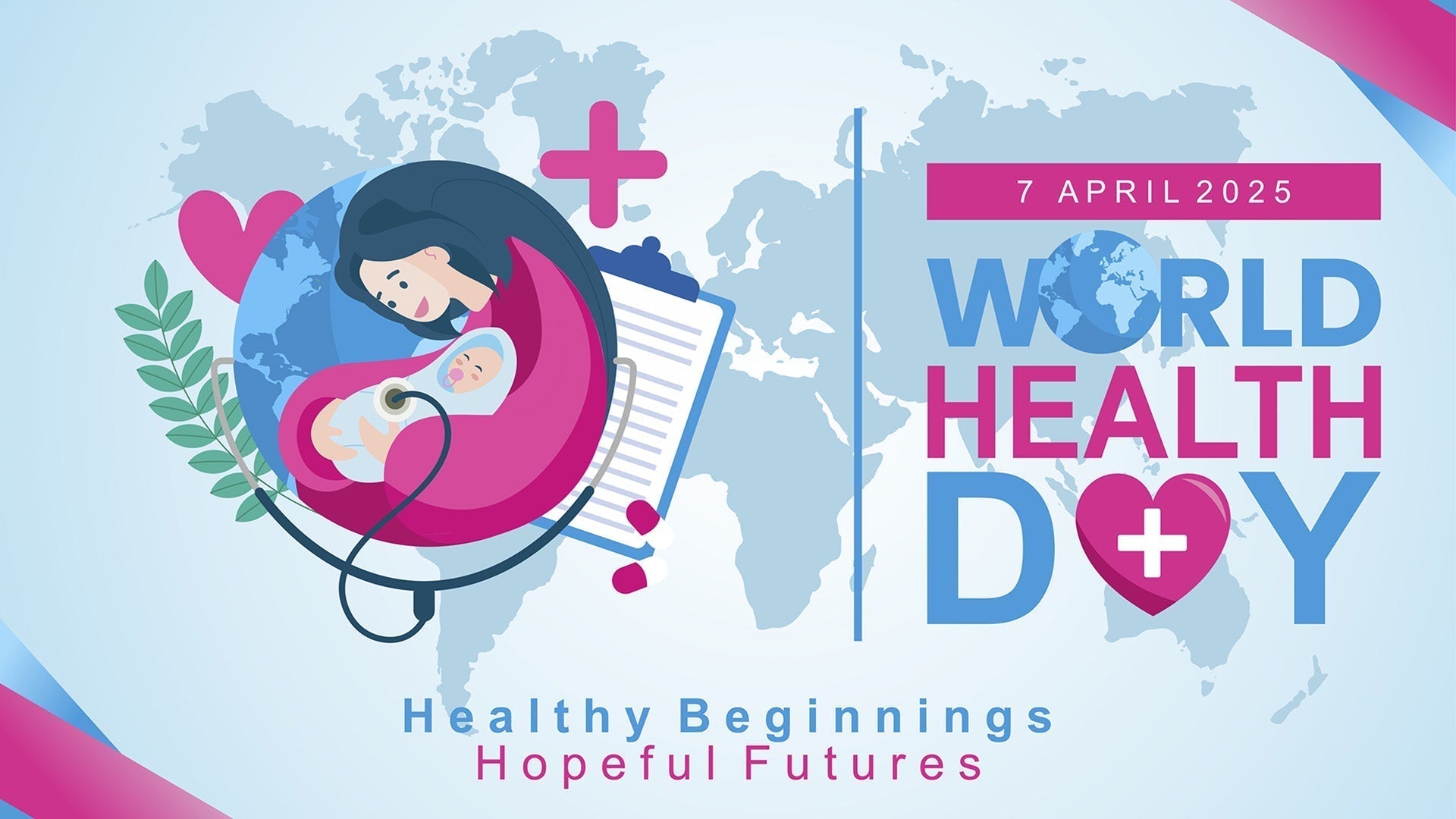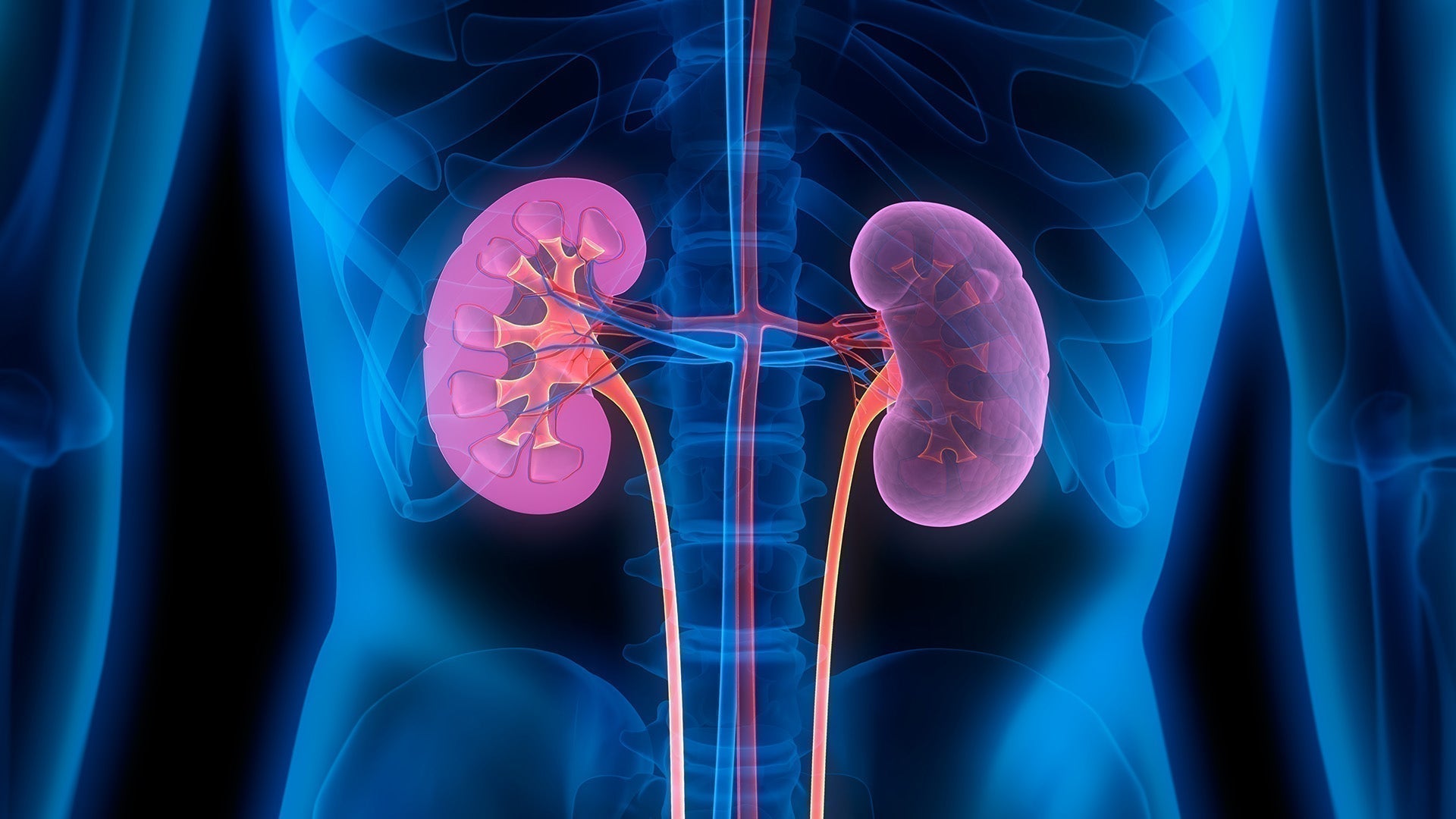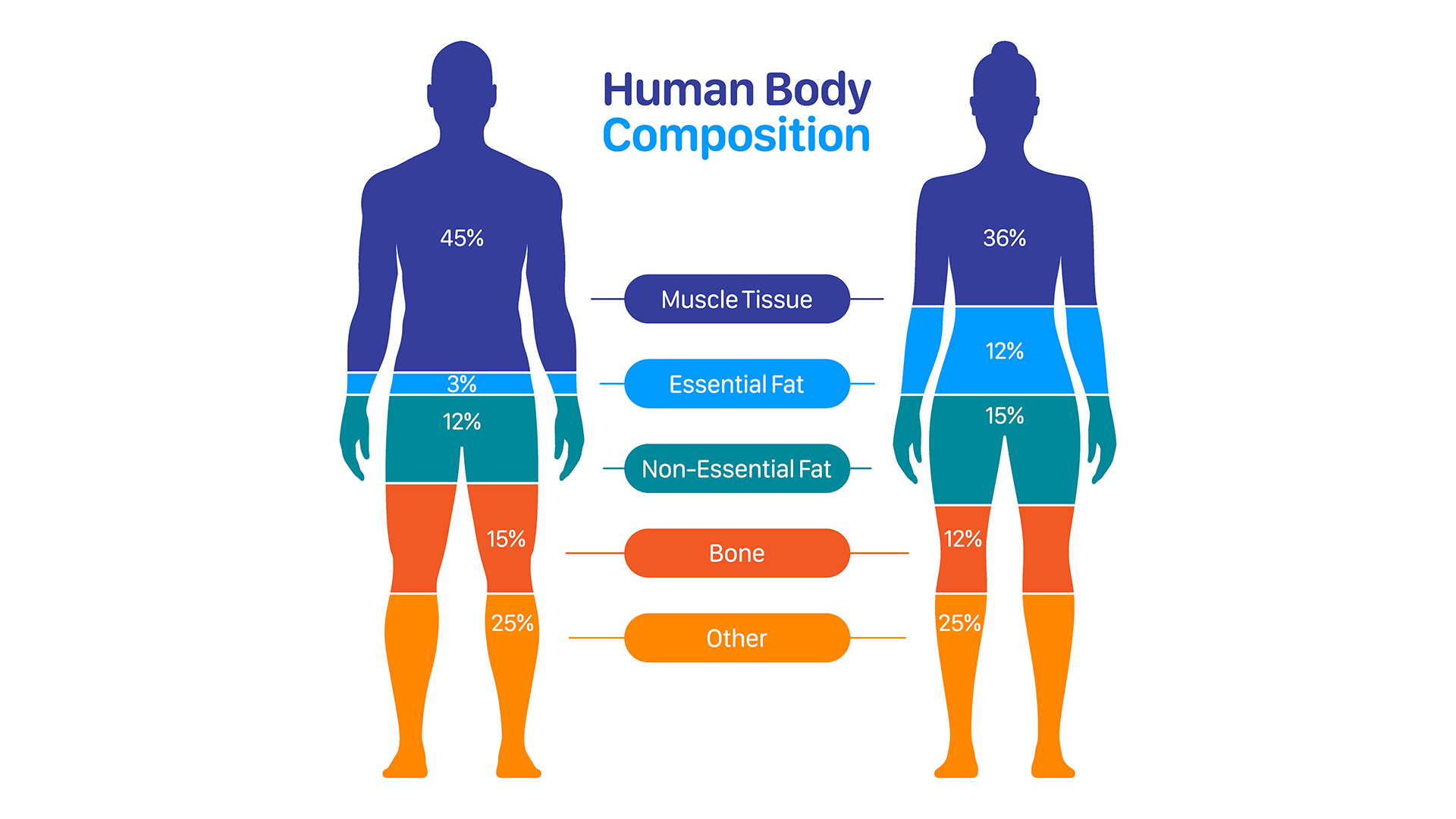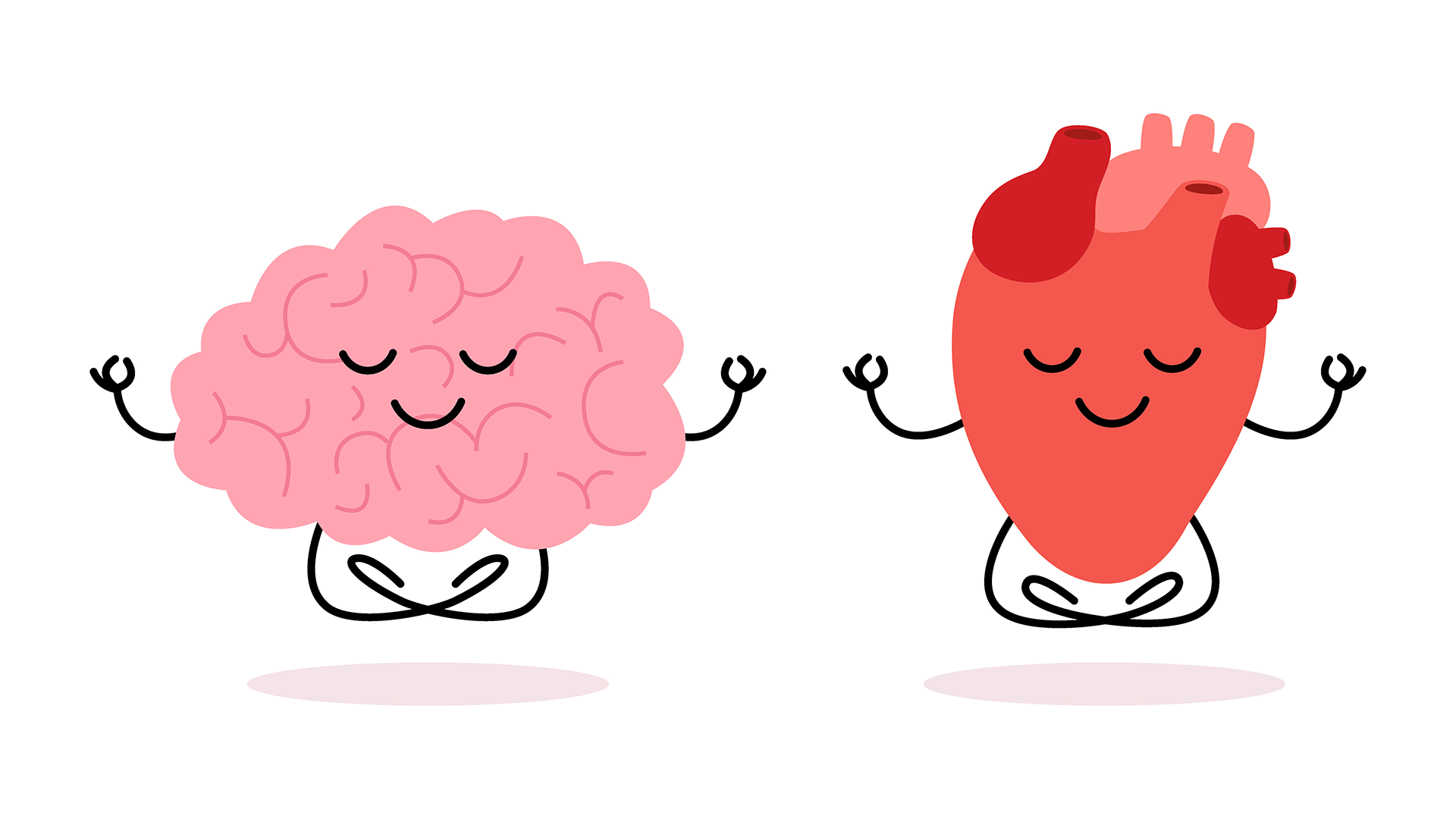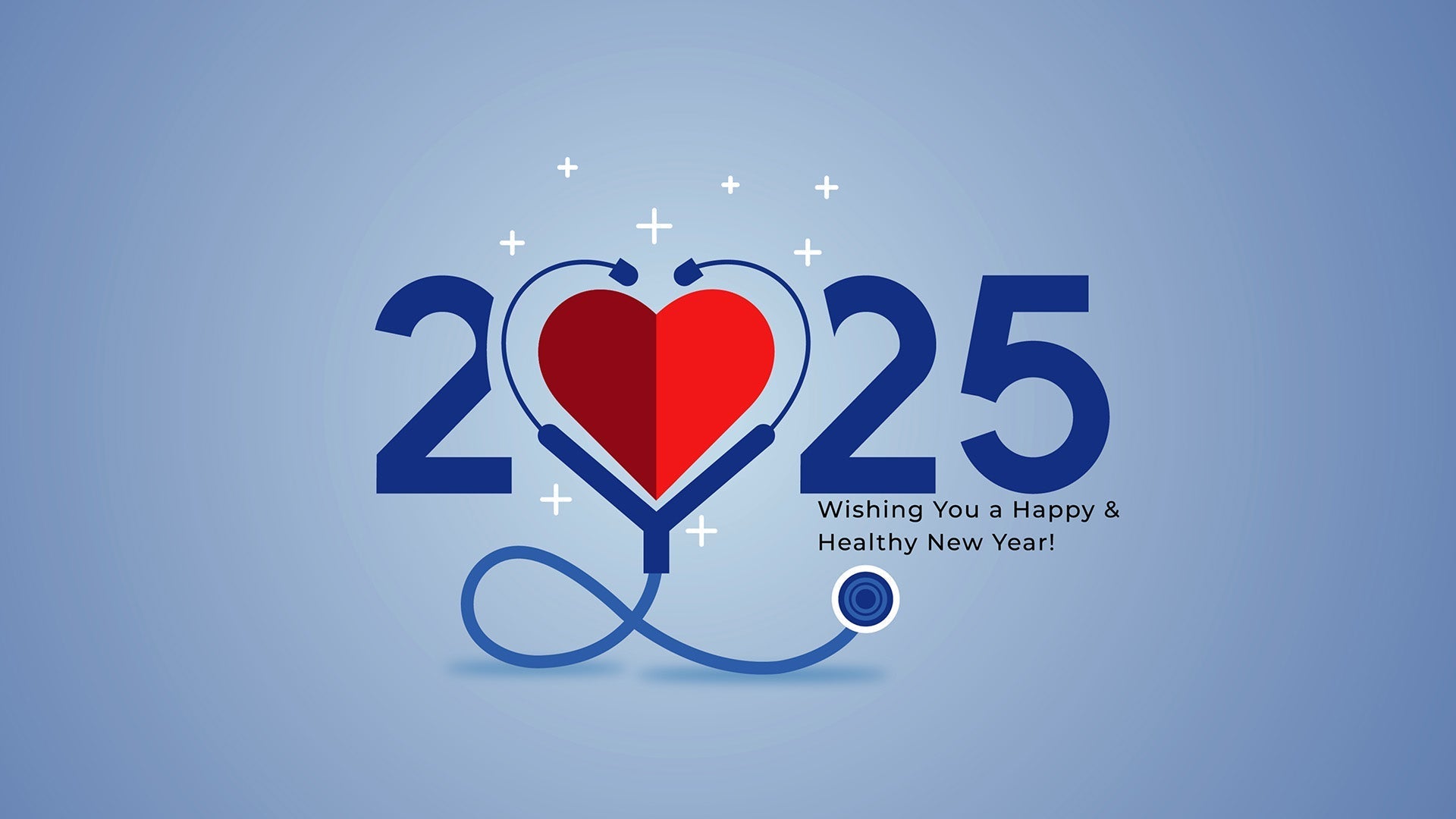Learn Your Way
to A Healthier Life
 Heart disease claims about 18 million lives globally each year, making it the world’s leading cause of death. Yet, about 80% of heart disease is preventable.
Heart disease claims about 18 million lives globally each year, making it the world’s leading cause of death. Yet, about 80% of heart disease is preventable.
September 29 is World Heart Day, an initiative of the World Heart Federation (WHF) in conjunction with the World Health Organization to raise awareness of heart health and cardiovascular diseases. This year’s theme, “Don’t Miss a Beat,” is a reminder that every heartbeat is a chance for more time with the people you love, and that keeping your heart healthy can help protect those moments.
We often think of heart health in terms of diet and exercise and you may already be doing those things. But heart health is also affected by areas we don’t always connect to the heart, like your gums and air quality. Let’s look at these often-overlooked factors and how small changes can help keep your heart beating strong.
Best Practices That You Might Not Have Thought Of
Here are some heart health tips you probably haven’t heard before:
1. Care for Your Gums
What do your gums have to do with heart health? Research suggests that bacteria causing gum disease can travel through your bloodstream and trigger inflammation in your arteries (the blood vessels that carry oxygen-rich blood from your heart to the rest of your body). When arteries become inflamed or narrowed, your heart has to work harder to pump blood, which can lead to heart problems.
But not all studies show the same connection, so researchers are still working to understand how oral health affects the heart. Still, taking care of your teeth and gums has many benefits, and it’s an effective way to support your overall health, including your heart.
What you can do:
-
Brush twice daily using proper technique.
-
Floss daily to clean between teeth.
-
Schedule regular dental cleanings and checkups.
-
See your dentist if you notice bleeding, swollen, or tender gums.
2. Check Medications and Supplements
Before reaching for that cold medicine or supplement off the shelf at the drugstore, it’s worth knowing how it might affect your heart. Take oral decongestants, for example. Ingredients like pseudoephedrine (Sudafed) and phenylephrine (Sudafed PE) work by narrowing blood vessels in your nose to reduce swelling. That may be helpful for congestion, but these medications can also narrow blood vessels throughout your body, which can raise blood pressure and increase your heart rate. For people with a history of heart attack, stroke, heart failure, or uncontrolled blood pressure, this can be risky.
While important for bones, calcium supplements are another example. People taking oral calcium supplements had slightly more calcium buildup in the vessels that supply blood to the heart, according to a study. This buildup could potentially interfere with normal blood flow to the heart, though researchers are still looking into what this means for long-term heart health.
What you can do:
-
Read labels carefully, especially for over-the-counter cold and allergy products.
-
Talk to your healthcare provider before starting new medications or supplements.
-
Keep a list of your medications and take it to your medical appointments.
-
Don’t stop prescribed medications without talking to your healthcare provider.
3. Watch for Environmental Factors
You might not consider the air you breathe as something that could affect your heart. Air pollution, especially the tiny particles floating in the air you can’t see, can travel deep in the lungs, enter your bloodstream, and trigger inflammation. This can affect how your blood vessels work and increase the risk of blood clots with long-term exposure. All of these effects can contribute to heart disease and stroke.
Your heart also faces some challenges as temperatures drop. Blood vessels tend to constrict (become narrow) in cold weather, which can raise your blood pressure and force your heart to work harder. Add in outdoor activities, like shoveling snow, and the strain can be enough to cause serious issues, especially for people who already have heart problems. Research found that heart attack risk increased about two to six days after exposure to cold spells—something to keep in mind as we head into the winter season.
What you can do:
-
Dress in layers in the cold.
-
Exercise indoors when the air quality is poor.
-
Walk or bike away from busy roads to reduce exposure to exhaust and fine particles.
-
Take breaks when doing strenuous winter activities outdoors.
4. Make Good Sleep a Priority
Tossing, turning, or hitting snooze too often? Not sleeping enough, frequent wake-ups, or conditions like sleep apnea or insomnia, can raise your blood pressure and trigger inflammation. Sleep apnea, especially, takes a toll on the heart because your breathing stops and starts as you sleep, repeatedly dropping your oxygen levels and spiking your blood pressure.
That’s part of the reason why the American Heart Association recently added sleep to its “Life’s Essential 8,” its list of lifestyle habits considered most important for heart health. This means getting good quality sleep is just as critical as diet and exercise when it comes to keeping your heart healthy.
What you can do:
-
Aim for seven to nine hours of sleep each night.
-
Keep a consistent sleep schedule.
-
Cut digital screen time at least one hour before bed.
-
Talk to your healthcare team if you snore loudly or wake up gasping for air, as these could be signs of sleep apnea.
5. Keep Track of Your Own Beat
Another helpful step is keeping an eye on your health between medical visits. It’s a way to catch changes early and have more informed conversations with your provider. Below are two vital signs worth tracking at home.
What you can do:
-
Monitor blood pressure. A home blood pressure monitor can help you spot trends. A healthy range for most adults is between 90/60 and under 120/80, but your provider may set a different goal based on your health.
-
Monitor heart rate. You can check this with your fingers on your wrist, or use a pulse oximeter, which can tell you both your heart rate and blood oxygen saturation. A typical resting heart rate is 60 to 100 beats per minute.
Keep a log of your readings, note any symptoms like dizziness or shortness of breath, and share it with your healthcare provider. Consistently high, low, or concerning changes are worth a call to your care team.
On World Heart Day, pick one new heart-healthy habit and stick with it for a month. Then add another healthy habit when you’re ready. You’ll slowly build lasting change and help your heart not miss a beat.
Additional References:
AirNow.gov - Check Air Quality Index (AQI)
AHA Journals - Obstructive Sleep Apnea and Cardiovascular Disease: A Scientific Statement From the American Heart AssociationAmerican Dental Association - Flossing
American Heart Association - Cold Weather and Cardiovascular Disease
American Heart Association - Taking medicine for a cold? Be mindful of your heart.
American Heart Association - Sleep Disorders and Heart HealthMayo Clinic - High Blood Pressure and Cold Remedies: Which Are Safe?
Mayo Clinic - Oral Health: A Window to Your Overall Health
National Library of Medicine - The Cardiovascular Effects of Air Pollution
Sign Up For More From iHealth
Receive the Latest News and Special Offers




